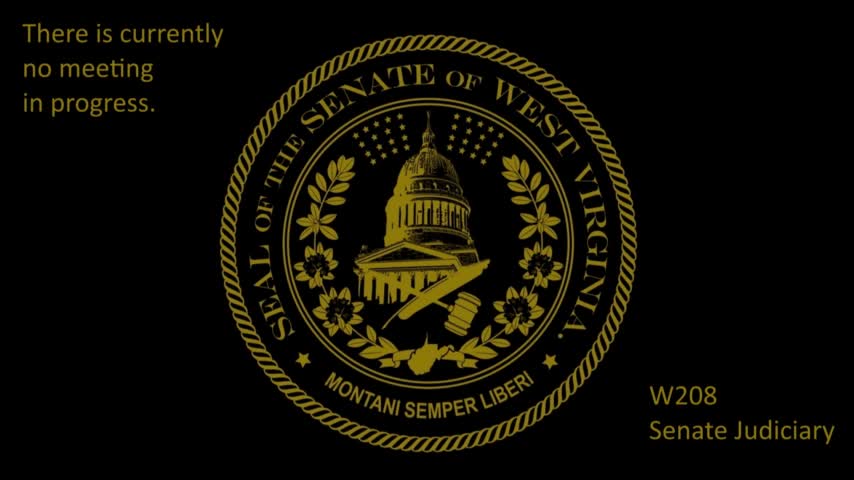Senate committee considers committee substitute for Senate Bill 211 to move disputed dilapidated-structure hearings to magistrate court; bill laid over
Get AI-powered insights, summaries, and transcripts
Subscribe
Summary
A Senate committee on an unspecified date took up a committee substitute for Senate Bill 211, a measure that would change the hearing venue when a property owner contests a county enforcement agency’s finding that a building is dilapidated.
A Senate committee on an unspecified date took up a committee substitute for Senate Bill 211, a measure that would change the hearing venue when a property owner contests a county enforcement agency’s finding that a building is dilapidated.
Counsel for the committee summarized the substitute, saying, “This bill amends a single section of code concerning the authority of county commissions. This code section, which is 7 dash 1, adopt ordinances for identifying and remediating such conditions and, if needed, recovering the cost of the remediation. … If the owner disputes the complaint, the County Commission conducts a hearing and makes findings of fact and conclusions of law.” Counsel later added, “Senate Bill 2 11 amends that hearing process … making the magistrate court the body before which the hearing is conducted.”
The substitute would leave the initial investigation and the enforcement agency’s findings in place but would transfer the contested-hearing step from the county commission to a magistrate court. Counsel and several senators described the change as a venue shift that preserves an owner’s right to appeal to circuit court after the magistrate’s decision.
Committee members asked whether the substitute would lengthen the demolition or remediation process and whether magistrate courts are equipped to handle the cases. One senator characterized the change as “growing government” and said it could “lengthen the process that we need to react to real fast and not delay.” Counsel replied that the change applies only when a property owner disputes the enforcement agency’s findings and that magistrate courts would enter “typical findings of fact and conclusions of law like you would have in any other judicial body.”
Ben Beaks, representing the Kanawha County Commission, told the committee the local process already involves multiple steps and notices before demolition occurs. He described the role of the planning commission and said the county provides additional assistance to property owners, including a grant program that “will pay for half of whatever needs to be done up to $10,000 and then the property owner has, up to a year to pay the other half.” Beaks said Kanawha County demolished about a hundred homes last year and expressed concern that routing contested cases to magistrate court could slow a process that county officials use to try to resolve violations without using taxpayer funds.
Supporters of the substitute said routing disputes to the judiciary could provide a neutral forum for owners who believe the county commission has used the condemnation process improperly. One senator argued the change amounts to “a little extra protection, by routing the appeal through the judiciary.”
After extended questions and testimony, Senator from Cabo moved to lay the bill over “until you decide to place it back on an agenda potentially early next week.” There were no recorded objections and the committee agreed to lay the bill over by unanimous consent.
The committee also approved the meeting minutes and then adjourned by voice vote. The minutes-approval and adjournment motions passed by voice vote; no roll-call tallies were recorded in the transcript.
What happens next: the bill was laid over for further consideration; the committee did not vote on the substitute itself during the session recorded in the transcript.
